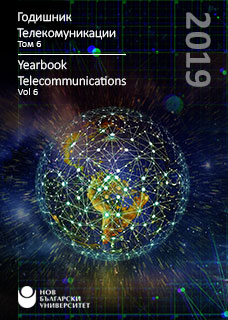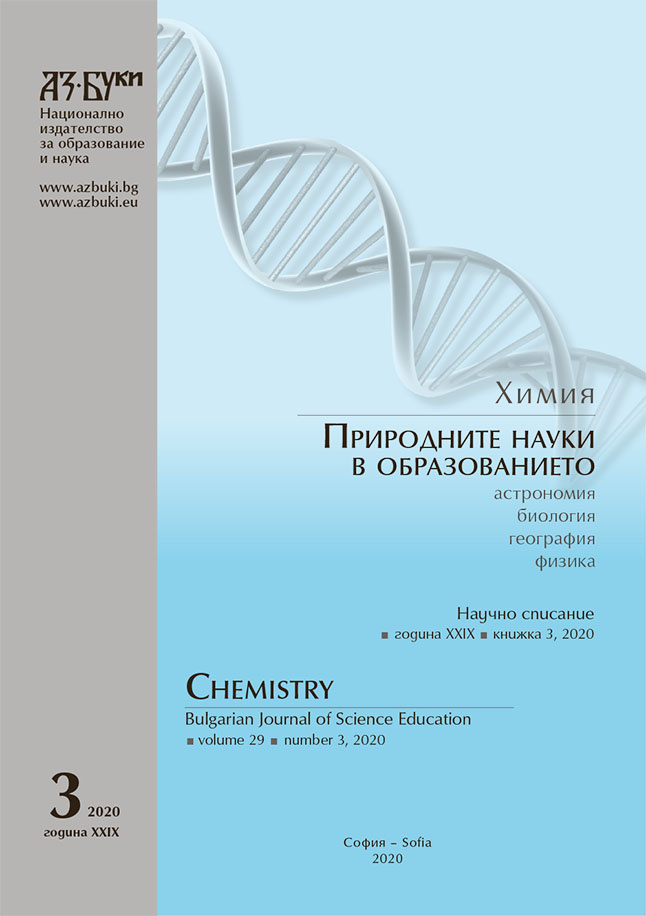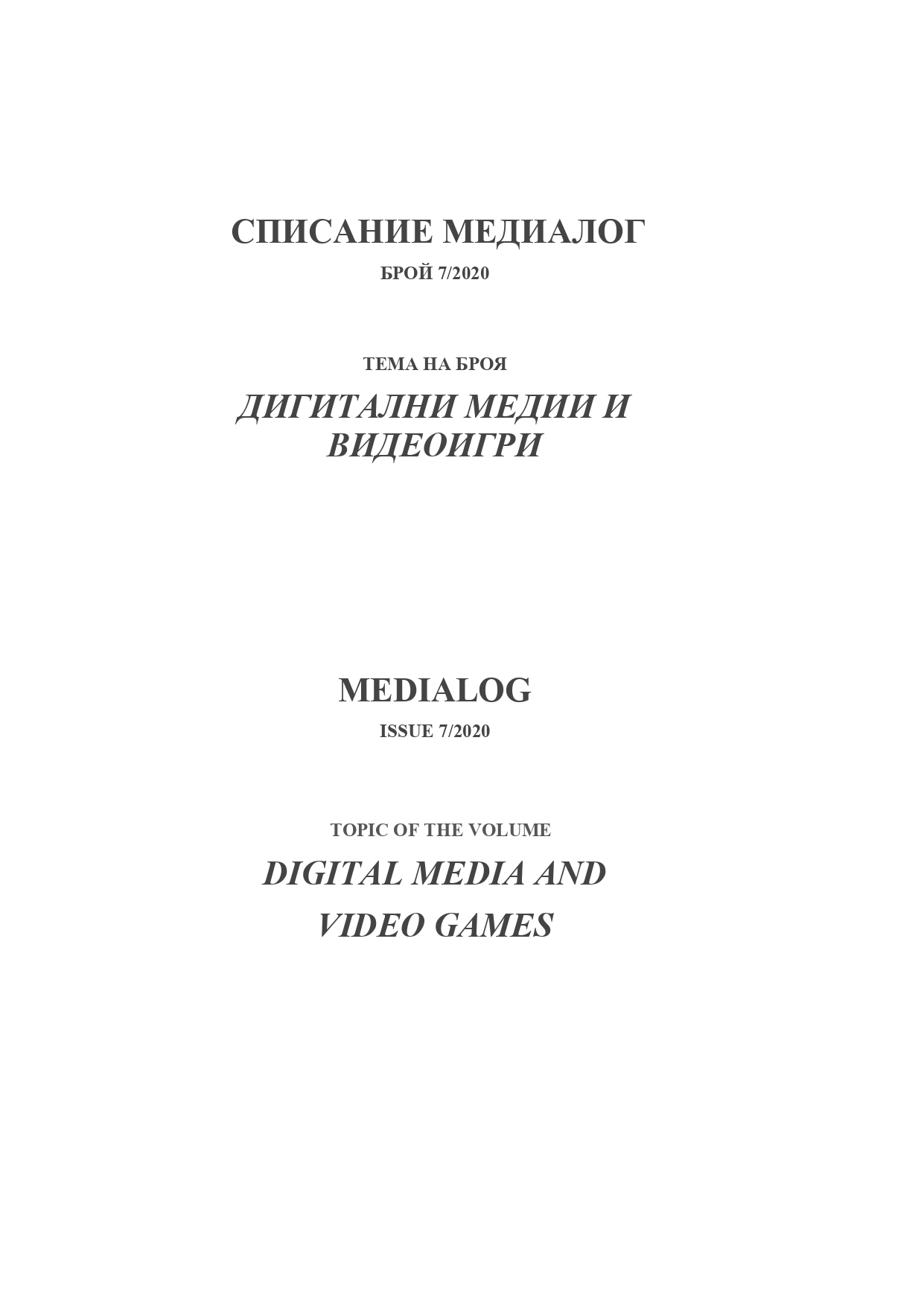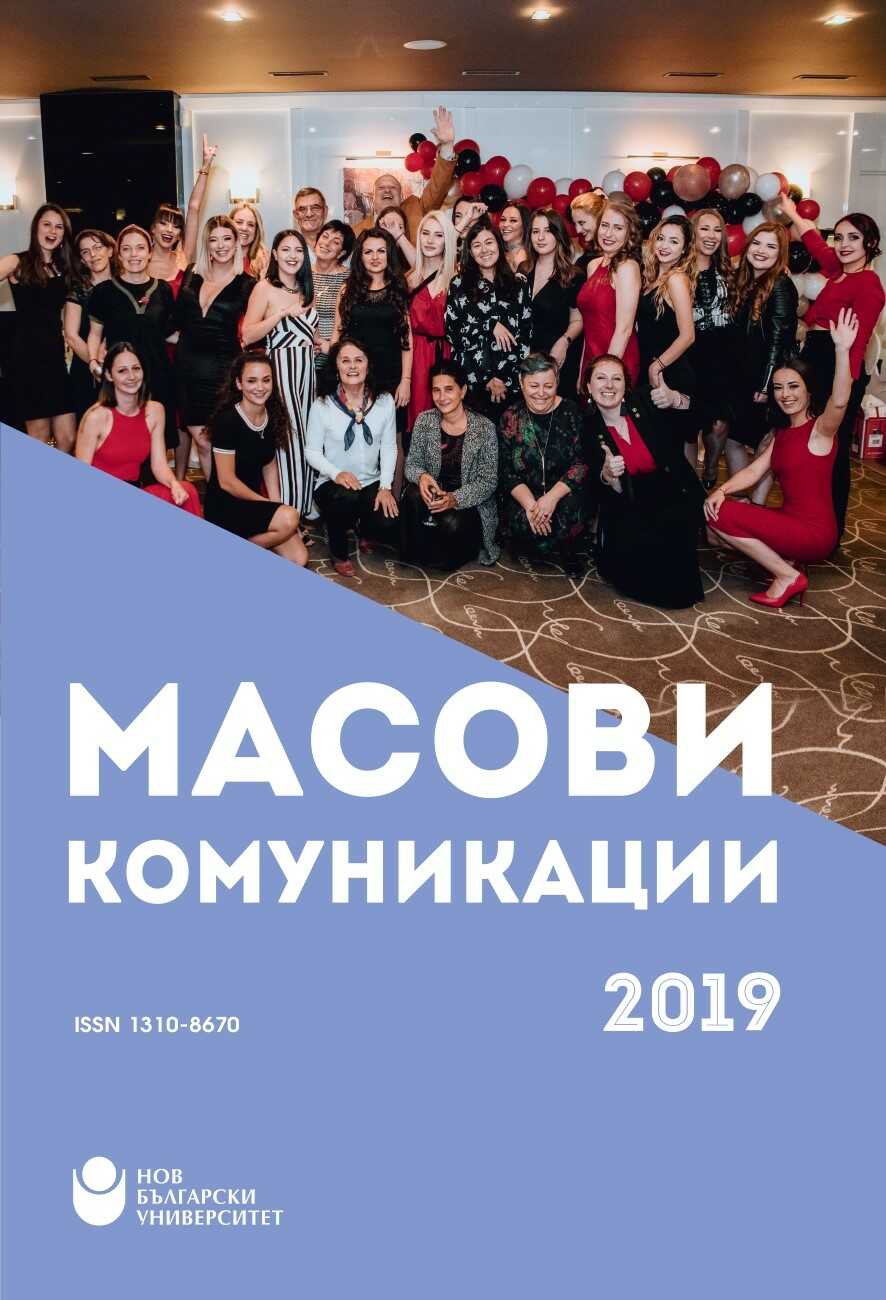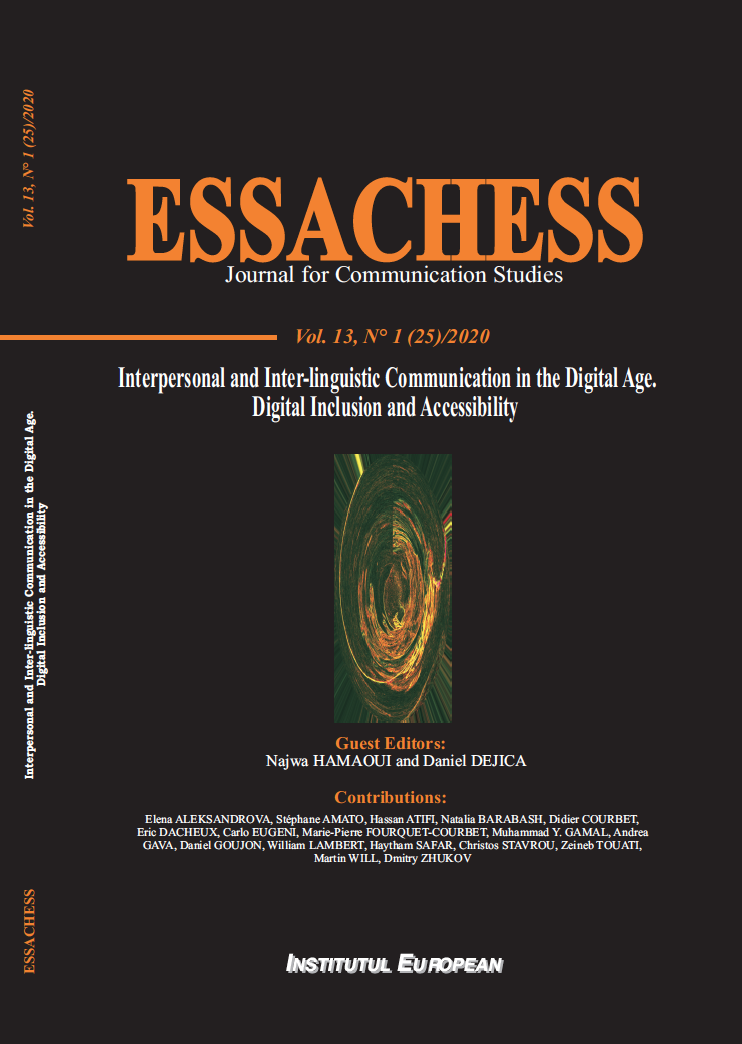
Respeaking : aspects techniques, professionnels et linguistiques du sous-titrage en direct
Respeaking is a fast-writing technique used to produce live subtitles more rapidly than with a standard keyboard. Despite its numerous applications, training courses, conferences, and research projects, studies on respeaking as a tool to promote social inclusion are scarce, especially when it comes to consider the latter in the widest meaning of Universal Design as promoted by the United Nations. In this framework, we have tried to consider Respeaking and Plain Language – whose main aim is satisfying the needs of people with sensory or intellectual disabilities – as tools to provide a service that can benefit a larger audience, people with a “linguistic disability” included. To do so, multiple techniques to produce interlingual live subtitles were tested. Results of a qualitative and quantitative analysis show that, thanks to human-machine interaction, universal accessibility is possible starting from the standard notion of accessibility which is traditionally oriented to special needs only.
More...
